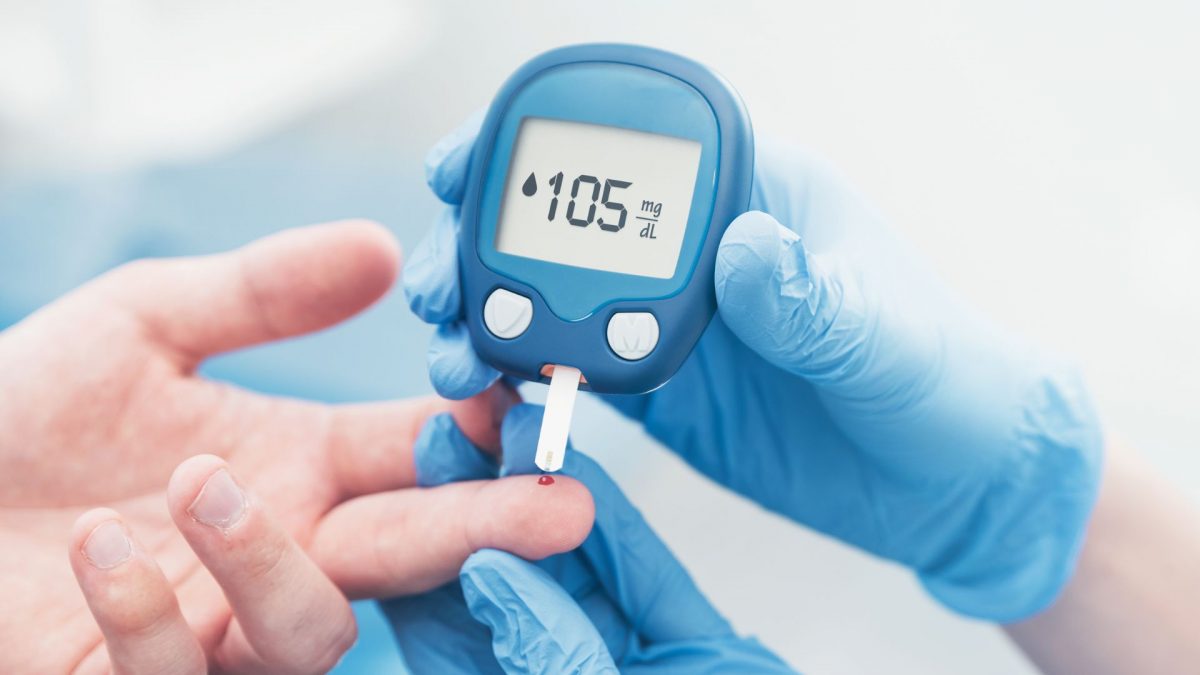Ambitious project to map the human brain by 2024
Teams of more than 1,000 researchers from Singapore, Australia, China, Japan, South Korea and Taiwan will be working together to develop a new mapping technique that relies on powerful x-ray technology provided by six synchrotron facilities that form the SYNAPSE consortium. The potentially first-of-its-kind ultra-high resolution map of the human brain’s neural network could be used to develop more effective treatments for brain diseases like dementia and other neurodegenerative conditions. A network of high performance computing centres across the region, including NSCC, will be mobilised to help rapidly process, store and used to analyse the huge amount of data that is expected to be generated.
“What we are setting out to do is a world-first enterprise. The images captured with unprecedented speed, clarity and granularity by SYNAPSE will form an extensive human brain map. They will show how neurons are connected and how they interact to result in cognition and intelligence. Our findings could potentially contribute to effective treatment for increasingly important neurodegenerative pathologies such as Alzheimer’s disease and other forms of dementia,” explained Associate Professor Low Chian Ming from NUS who leads the team from Singapore and is a co-founding member of SYNAPSE.
In Singapore, SYNAPSE will leverage the petascale supercomputing facilities at NSCC and will link to other SYNAPSE partners via the established high-speed 100G international network connections of the Singapore Advanced Research and Education Network (SingAREN). The Singapore team will also conduct its imaging work at the Singapore Synchrotron Light Source (SSLS) facility located in NUS.
“Our simulations on atomistic scales probe the behaviour of complex multi-component systems, which utilise NSCC’s large number of high-performance CPU nodes and large data storage space. In addition, our mesoscopic simulations require intensive calculations with NSCC’s GPUs,” said Zheng Jianwei, Deputy Department Director and Senior Scientist at A*STAR’s IHPC.
To find out more about how NSCC’s HPC resources can help you, please contact e-news@nscc.sg.
NSCC NewsBytes February 2020





